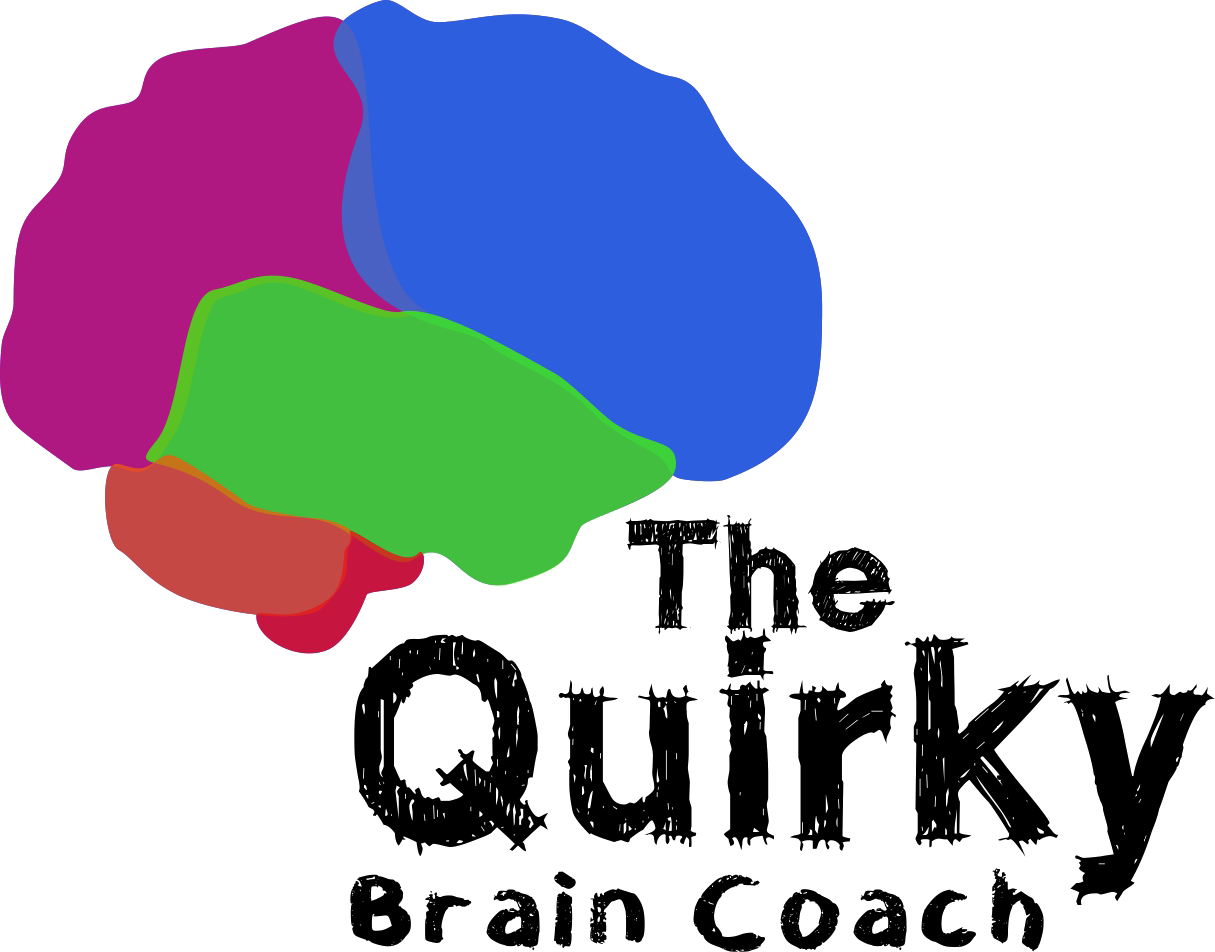Have you heard of self-efficacy beliefs?
Do you know how they can impact whether or not you engage with doing something?
Self-efficacy beliefs are beliefs that you hold about whether or not you think you can do or influence something.

I am telling you this because the following is completely rational: if you don’t believe you will be able to do something or influence something, you will find it much harder to do the thing.
Think about it: if I don’t believe I can safely cross the road, I am not even going to try. It would actually not be a good idea to do so.
This also applies to a piece of research or to a workplace project.
Self-efficacy beliefs play a huge part in procrastination because of this. Therefore, a great way to boost motivation to act is to create circumstances which help you to boost your self-efficacy beliefs.
In my experience, the good news is that self-efficacy beliefs are really quite easily amenable to coaching.
There are five sources of the beliefs we have about what we think we can/cannot do.

Performance experience about the past tells us whether or not we think we will succeed.
Vicarious experience (seeing if others similar to us can do it) will also play a role in whether or not we think a task is possible for us.
Social persuasion (which I prefer to call social encouragement) is useful for helping us believe we can do something. Trusted feedback from a friend, colleague or coach – and encouragement from them – can be vital in helping us think we can do something.
When it comes to imaginal experiences, this involves using your imagination to think about if and how you can see/hear/feel yourself doing the thing. The idea is that if you can imagine it somehow, then it ought to be somehow possible!
Finally, we have physical and emotional states. If you’re anxious or feel terrible in your body, this can affect our willingness to engage. And quite right, too. I put sensory factors under this heading as well. If cleaning your kitchen will feel icky, of course this will affect your beliefs about whether you can stick it out long enough to finish.
So I ask you to reflect on something you would like to be able to start or finish…what is it that you don’t think you can do?
And which one of these 5 self-efficacy factors are the biggest sources of your beliefs about your ability to do it?
How could you boost that particular self-efficacy belief? What or who could help you here?
Once you know more, you can problem-solve around how to change or frame the task so that it becomes much more doable for you in your mind. Over time, this should affect motivation to act.
If you feel you are putting off a project or piece of research that feels big or overwhelming in some way, it can be a good move to check-in with your self-efficacy beliefs so you can change the narrative in your head.
I use the above model in my coaching conversations so reach out to me if you think you’d like to do some deep and structured work on this. For now, though, it’s enough to reflect and see what comes up for you. Knowledge is the first step to things being different!
